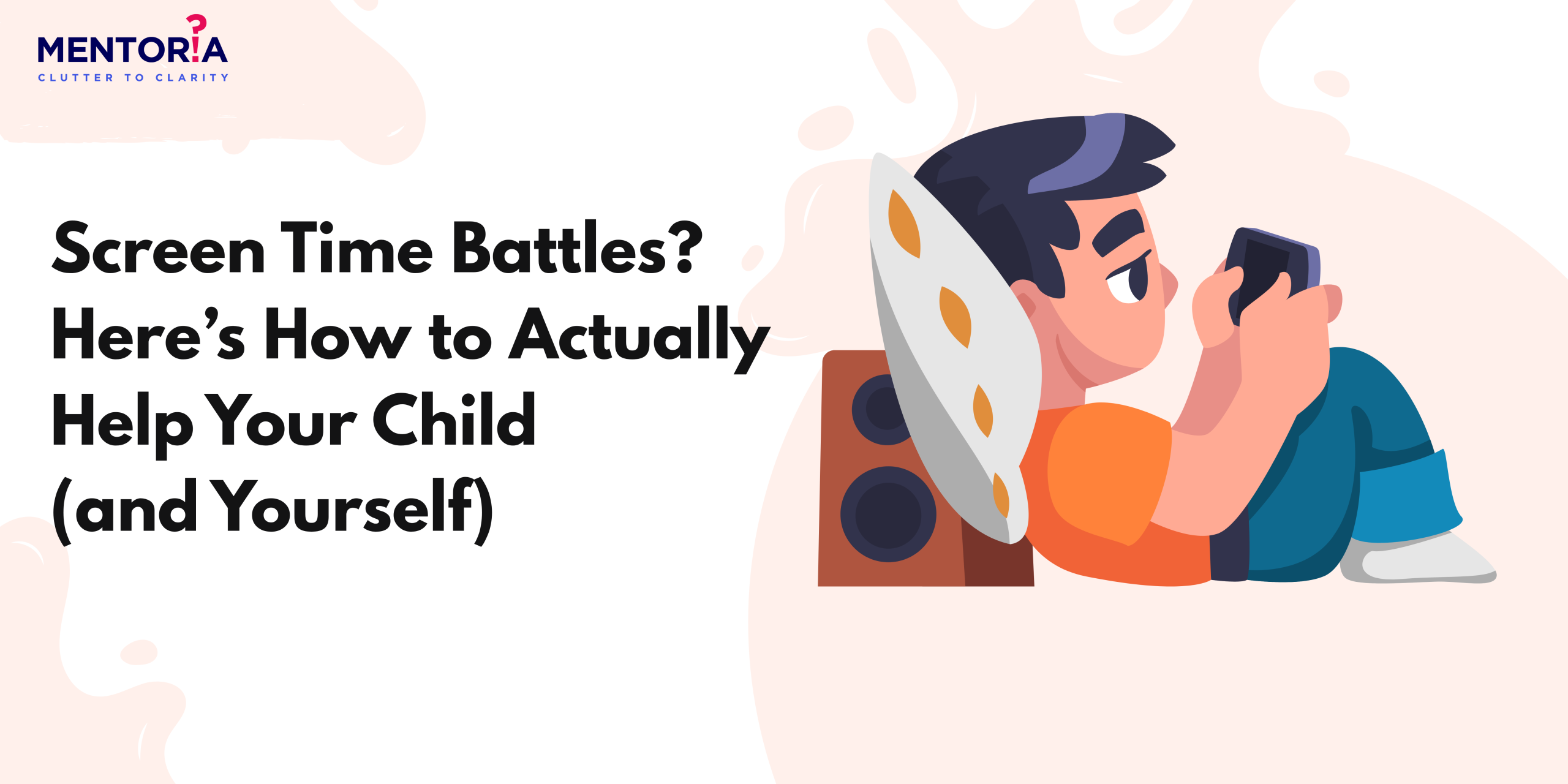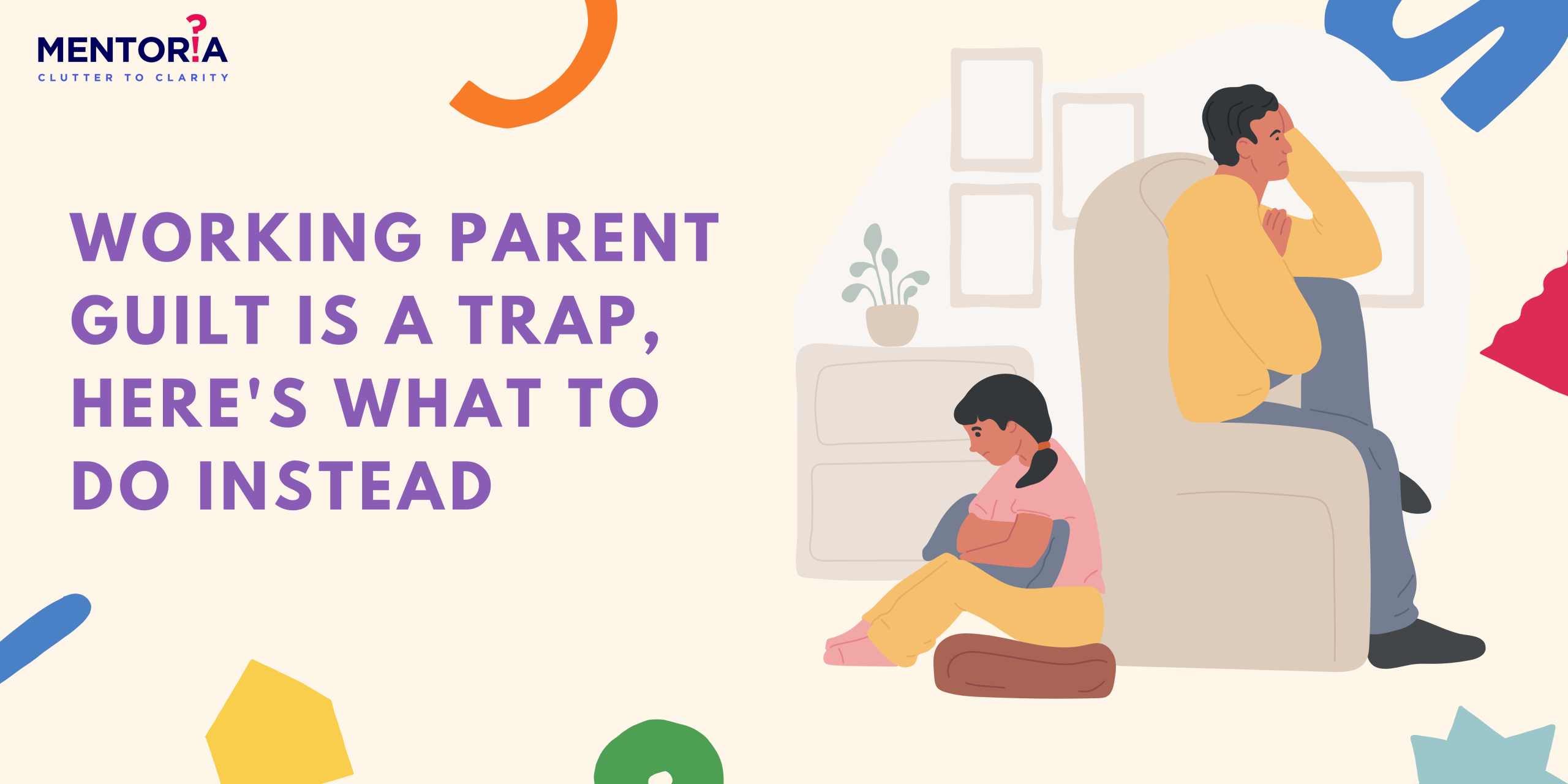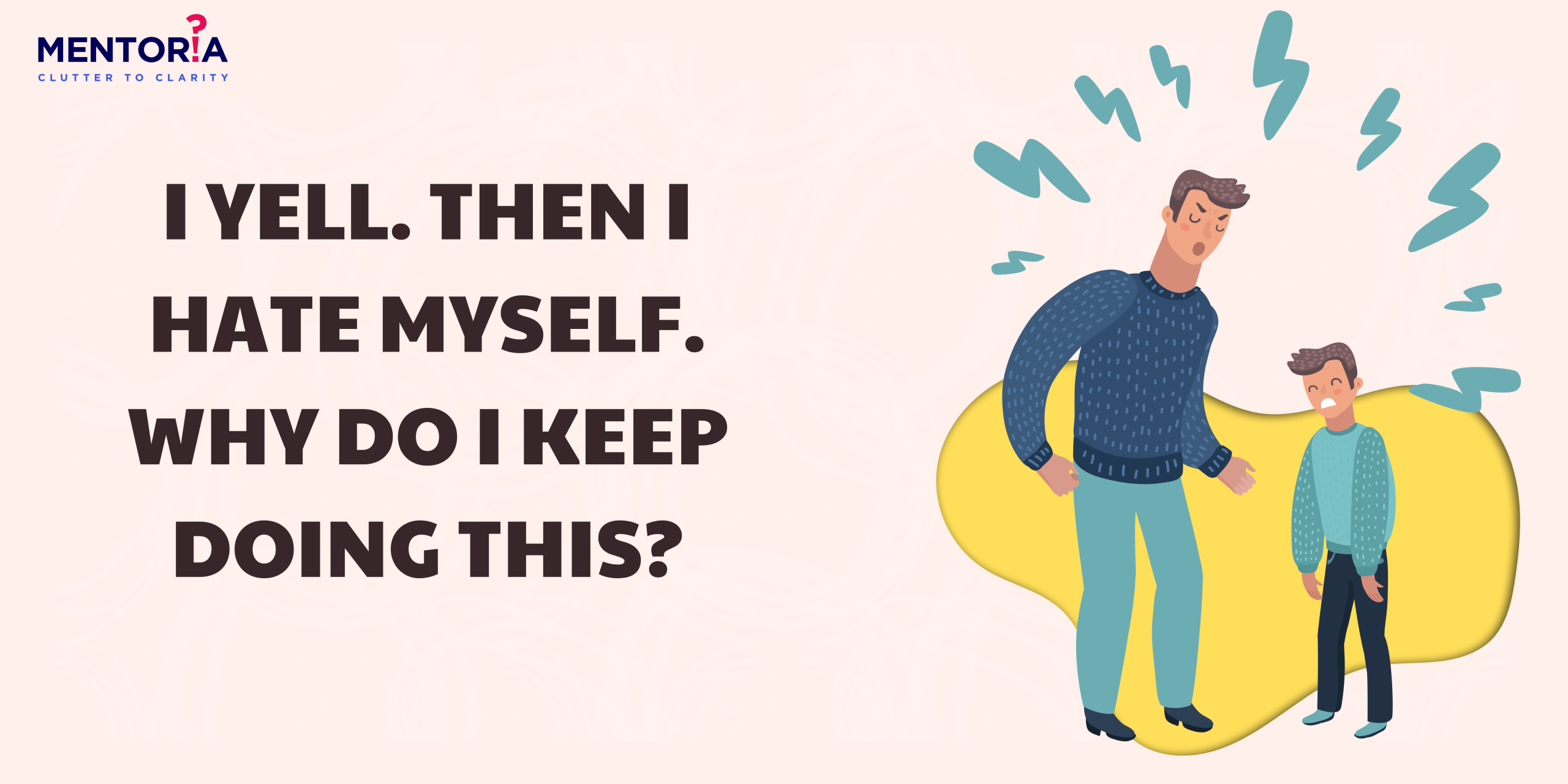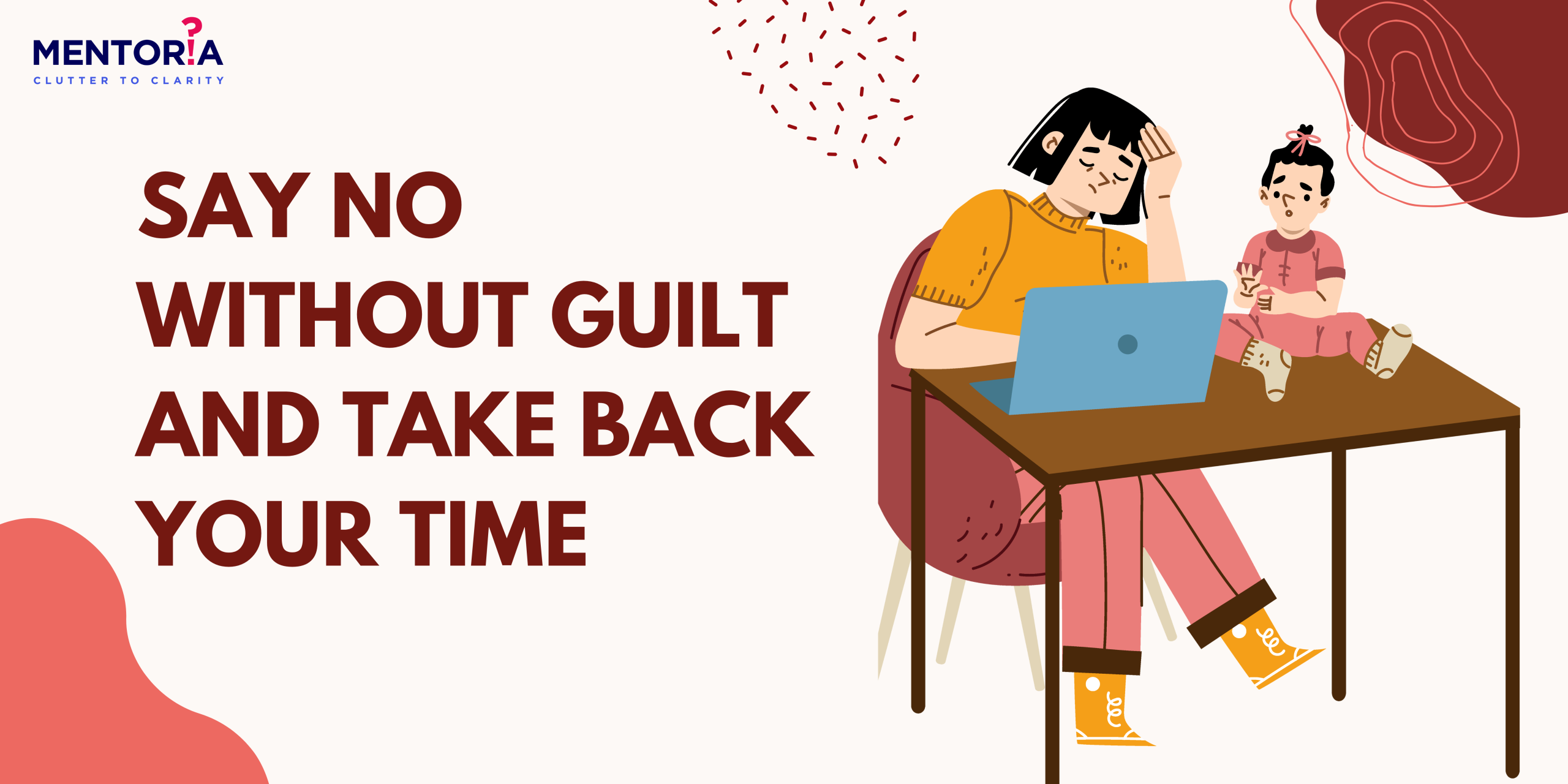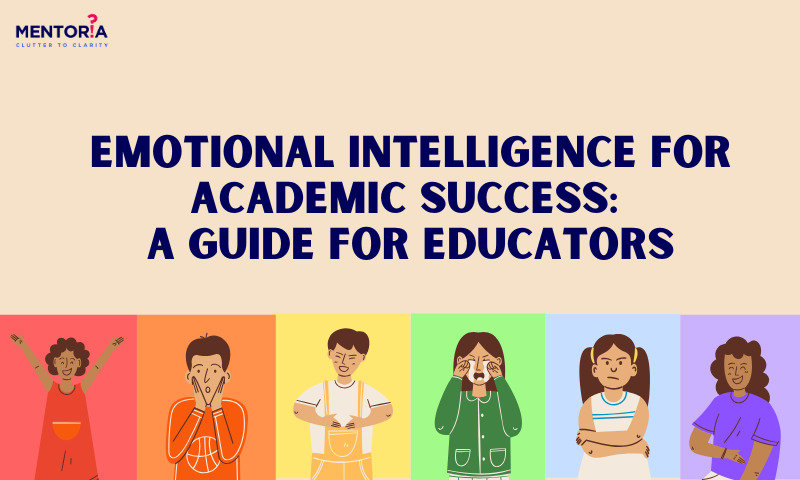How to Help Your Child Become a Better Problem-Solver in Four Easy Ways
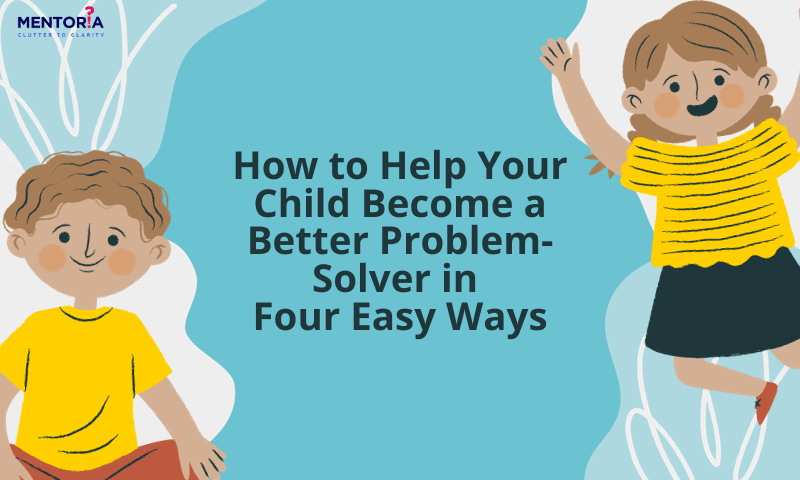
How to Help Your Child Become a Better Problem-Solver in Four Easy Ways
What’s really crucial for youngsters as they become older and enter the real world? Problem-solving. It functions as a superpower that enables individuals to overcome various obstacles in both their academic and personal lives.
What is the purpose of problem-solving, then? It involves being able to analyse a situation, come up with a clever solution, and then put that idea into action. Good problem-solvers are superhuman in their ability to think critically, be inventive, and adapt to challenging circumstances. Even when things are difficult, they don’t give up easily. And what’s this? Even young children need to begin learning how to solve problems; this is not merely a skill for older children. It becomes increasingly more important as kids age and encounter more challenging issues. They need to resolve issues with their classmates and professors in addition to dealing with their schoolwork and assignments.
The nice thing is that problem-solving isn’t just for academic settings. It’s a skill for life. Employers are always on the hunt for people who can think quickly and come up with intelligent solutions, regardless of the profession you’ve always wanted. It’s not just about doing your work; it’s also about getting along with people, establishing yourself, and fully appreciating life.
Parents can take a variety of actions to support the growth of their kids’ problem-solving abilities. Here is a more thorough introduction to the four suggestions I previously mentioned:
Offer Opportunities for Unstructured Play
Unstructured or unattended play is play that is open-ended. Children may use their imaginations and be creative through play. Open-ended play is a fantastic approach for kids to learn how to solve problems since it forces them to think creatively and come up with new ideas.
Giving your child access to a range of objects and toys is one of the best ways to create spaces for unstructured play. Blocks, play clothes, and art supplies are a few examples of open-ended toys and materials. Setting aside time each day for unstructured play is another way to promote open-ended play.
Introduce Your Kid to a Range of Problem-Solving Activities
You can introduce your youngster to more structured problem-solving activities as they get older. This might include coding exercises, games, and puzzles. You can also encourage your child to find solutions to difficulties that arise on a regular basis, including how to make their bed without getting tangled in the sheets or how to get to school on time if the bus is late.
The ideal playground for creativity and problem-solving is unstructured play. Kids can use this time to let their imaginations soar. Giving them fun playthings like art tools, dress-up outfits, and building blocks will help you achieve this. Additionally, don’t forget to allocate time each day for unstructured play because it serves as a child’s training ground for problem-solving.
Be a Good Example of How to Solve Problems
Little sponges like children absorb all they see and hear from the adults around them. Therefore, you must model effective problem solving for your child if you want them to become one.
The thing is, when you have a problem, you shouldn’t keep it to yourself. Talk about it with your child. As you come to your conclusions, explain your thinking. Let’s imagine that you are trying to locate the library but are a little disoriented. “Okay, kiddo, we’re in a little bit of a pickle here,” you may say. “Although we must get to the library, we are unsure of how. Let’s discuss potential solutions. We could try it even though we don’t know the bus route. Although we have a car, we don’t have a map. Or perhaps it would be a good idea to ask someone for directions. Why don’t we stop by the information desk and ask if somebody there can assist us?” By explaining the steps you take to solve a problem, you can teach students how to think critically and unleash their creativity.
Praise Your Child’s Efforts
Praise your child’s efforts, even if they don’t fully solve the issue, to help them develop their problem-solving skills. Keep up your good attitude and let them know you’re pleased with them for trying. The phrases “I know you can do this” and “Let’s try a different approach” have a magical power. The equivalent would be to say, “Hey, you’re awesome, and I believe in you!” Their confidence is increased, and their desire to solve problems is maintained, thanks to this kind of support. Keep encouraging them, and they’ll have the tenacity and fortitude required to become excellent problem solvers.
Here are some extra suggestions for encouraging children to solve problems:
- Question Everything: Encourage your little one to ask questions about the world around them. Questions are like the keys to curiosity and learning. And when they ask something, give them a thoughtful and clear answer. It’s like being their personal knowledge genie!
- Embrace the Growth Mindset: Teach your kid that it’s all about hard work and effort. They can become super smart and capable if they keep at it. When they hit a bump in the road, remind them to persevere and learn from those hiccups. It’s like planting the seeds of resilience and intelligence.
- Safe Space, Brave Space: Create an environment where your child feels safe to make mistakes and take risks. Let them know it’s okay to mess up sometimes. Show them your support and patience, especially when things get tough. It’s all about nurturing their growth and courage.
- Celebrate Victory: When your child conquers a challenge, give ’em a round of applause. Acknowledge their hard work and success. This makes them feel like champions and gives their confidence a serious boost.
Mentoria at the Helm
Parents need to provide children with opportunities to learn and practise problem-solving skills. This may involve setting aside time each day for open-ended play, exposing your child to a variety of problem-solving tasks, and modelling good problem-solving skills yourself. Mentoria can be a valuable resource for helping your child develop their problem-solving abilities. Their tutors are experts in teaching problem-solving strategies, and they can provide your child with personalised instruction and support. Mentoria also offers a variety of other resources to help your child develop their problem-solving skills, such as practise problems, quizzes, online courses, and community forums.





